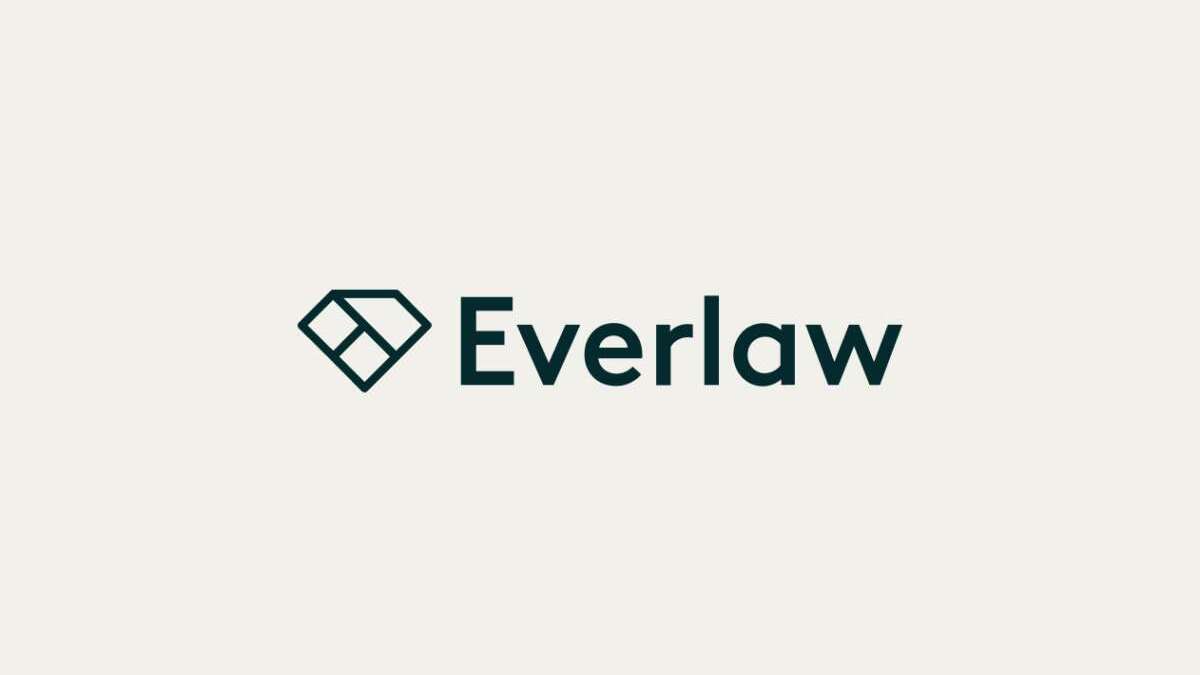Three Tips for Paralegals Starting Their Careers in Ediscovery
by Vivan Marwaha
Paralegals wear many hats in the legal profession. From case planning and management to legal research and document analysis, paralegals are integral to the success of the matters they’re working on. And one of the biggest–and most important–hats that a paralegal wears is the one for discovery. In fact, a large and growing number of paralegals are specializing in ediscovery due to the importance of discovery in litigation.
We know that information found in discovery can quite literally make or break a case. However, today discoverable data is exploding in size and in scope. From traditional emails and chat messages to data stored on Apple Watches and ephemeral messaging apps such as Telegram, critical evidence is becoming increasingly harder to find.
Paralegals in ediscovery play an essential role in helping their legal teams best find the data that can influence outcomes. But as ESI continues to grow more complex while resources remain flat, new and established paralegals in ediscovery can make technology their best friend to boost their careers and remain ahead of the curve.
Acquire Hands On Experience
For early career paralegals looking to specialize in ediscovery, there’s no substitute for hands-on experience. Start small, by taking on basic tasks to understand critical workflows and learn the lingo. How is client data collected and processed? What are the key steps in uploading client data to your ediscovery platform? After uploading, what comes next? How are files deduplicated and deNISTed so that review can begin? These are some key questions you can start answering in the early stage of discovery.
Meet Technology, Your New Best Friend
Answering some of the questions posed above requires an understanding of technology, particularly ediscovery software. As data volumes grow, understanding, and then mastering technology is critical to finding relevant documents and crucial evidence. Modern ediscovery platforms offer their users a robust set of AI, advanced analytics, and powerful tools to tame big data with speed and accuracy. Taking advantage of those tools will help paralegals rise to the top of their game. Learn how concept clustering can help you orient yourself in your dataset, understand important themes in your document corpus without reading a single document, and then conduct quality assurance. See how communication visualization tools can enable you to identify key players in your matter before you even open a single document for review. Learning these tools will help you save time and stay ahead of the curve.
Automation and AI are here to stay. Although the legal profession has traditionally been conservative in its embrace of new technologies, law firms – big and small – have been announcing plans to adopt AI and generative AI for key workflows, including document drafting and case research. Instead of letting AI take your work away, learn how you can conquer AI to improve the quality of your work, while saving time and resources. Your ediscovery platform will therefore become your best friend as you master its capabilities and make yourself a star technologist on your legal team. Some ediscovery platforms offer training and certifications. Take advantage of these training opportunities and become your organization’s go-to-expert, turning your product expertise into your biggest career asset.
 Play this video on Vimeo
Play this video on Vimeo
“Completing the Everlaw certification at an early stage in my journey with the platform helped me form a solid base on which to build my experience and knowledge," says Hannah Meldrum, Edisclosure (Ediscovery) Project Coordinator, at Travers Smith (UK). "It was definitely also a benefit when it came to having confidence in what I could bring to a new team.”
For those who use platforms that do not offer certifications, the Association of Certified Ediscovery Specialists (ACEDS) and Arkfeld also offer training and certification programs.
Ace Metadata
Ask any ediscovery paralegal about some of the words they use the most. Metadata is going to emerge towards the top of that list.
Sometimes defined as the ‘data about data,’ metadata is the information that describes the key details of the files (or electronically stored information) ediscovery paralegals deal with. This information includes the author, creation and modification dates, recipient, and other potentially relevant details to the matter at hand.
In a post on Everlaw’s ediscovery community, independent litigation consultant Greg McCullough offered advice to paralegals in ediscovery: “One of the things I would recommend for new paralegals (or anoyone in the ediscovery process) is to do a deep dive into metadata, understanding what it is and what information they can glean from the metadata of documents.” He added, “there is so much hidden information buried in the metadata that mastery of the metadata can make a difference in locating relevant documents and understanding the context of a particular document.”
That’s because metadata contains crucial clues for those involved in discovery. While documents contain one part of a story, the metadata contains all the information about who created that story, when they created it, edited it, and how they distributed it. In the context of electronically stored information, these details matter, and understanding metadata will be critical to a career in ediscovery.
Why Now?
The legal profession is on the precipice of change. As the industry moves to the cloud and automation and AI start increasing, it is important for paralegals to stay ahead of the curve. Technology won’t be replacing paralegals anytime soon, but paralegals who make the most of technology will replace those who don’t.
A successful career in ediscovery will be defined by those who invest in understanding the key workflows and capitalizing on modern technology.

As a member of Everlaw’s Marketing team, Vivan contributes to the company’s blog, product launches, and customer activities. He has worked at a variety of high-growth technology startups and his book, ‘What Millennials Want’ was published by Penguin Random House in 2021.